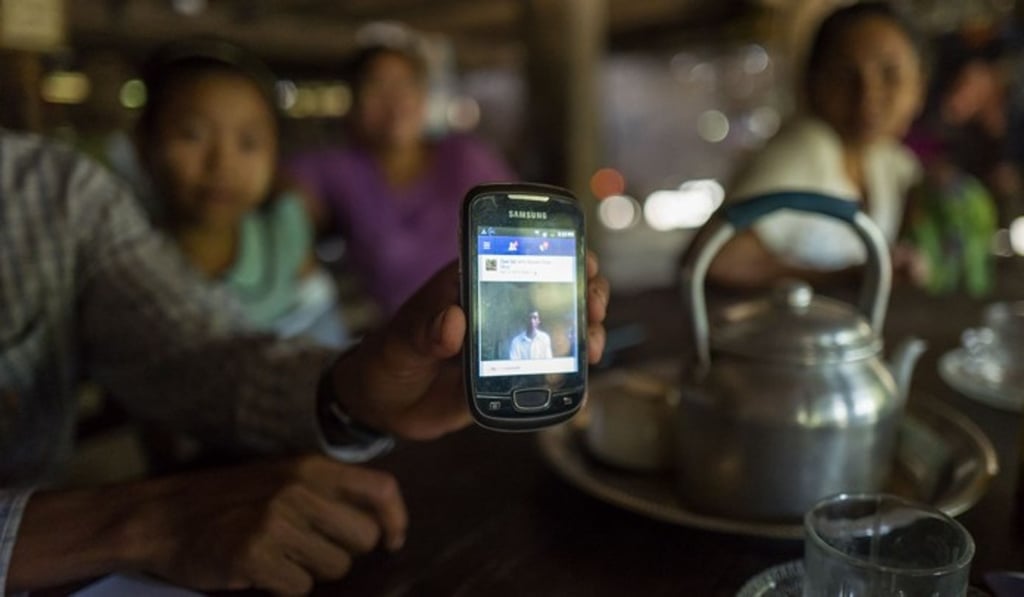Facebook, WhatsApp target fake news for Asia’s election season, but is it too little, too late?
- The social media giant has election teams working in Australia, India, Indonesia, the Philippines and Thailand
- But with near to a billion people in the region posting every month, some say the genie is already out of the bottle

“We have teams working to prevent election interference on our services. This includes detecting and removing fake accounts, limiting the spread of misinformation, tackling coordinated abuse, preventing foreign interference, and bringing more transparency and accountability to advertisers,” Harbath told the South China Morning Post on Tuesday from Bangkok. “We have made big investments to make sure we are prepared to handle whatever might happen.”

Maria Ressa, a Filipino journalist and founder of the Rappler news website, is among those who are waiting to see if Facebook is truly committed to cleaning up the frenzied content unleashed by the 917 million people who use the platform each month in the Asia-Pacific, including 394 million in Southeast Asia. Ressa was named as one of Time magazine’s Persons of the Year 2018, as one of the journalists fighting a global “War on Truth”.
“Will Facebook take on the fundamental responsibility of gatekeeper, now that it is the world’s biggest distributor of news? Think about it: when journalists were the creators and distributors of news, we took that role seriously. At least you had the facts, and that’s what protected democracy,” said Ressa, whose Rappler team collaborates on fact-checking with Facebook in the Philippines. “When tech took over, they shied away from that responsibility. They let lies spread faster than truth. In the real world that’s a crime, in the virtual world that’s impunity.”